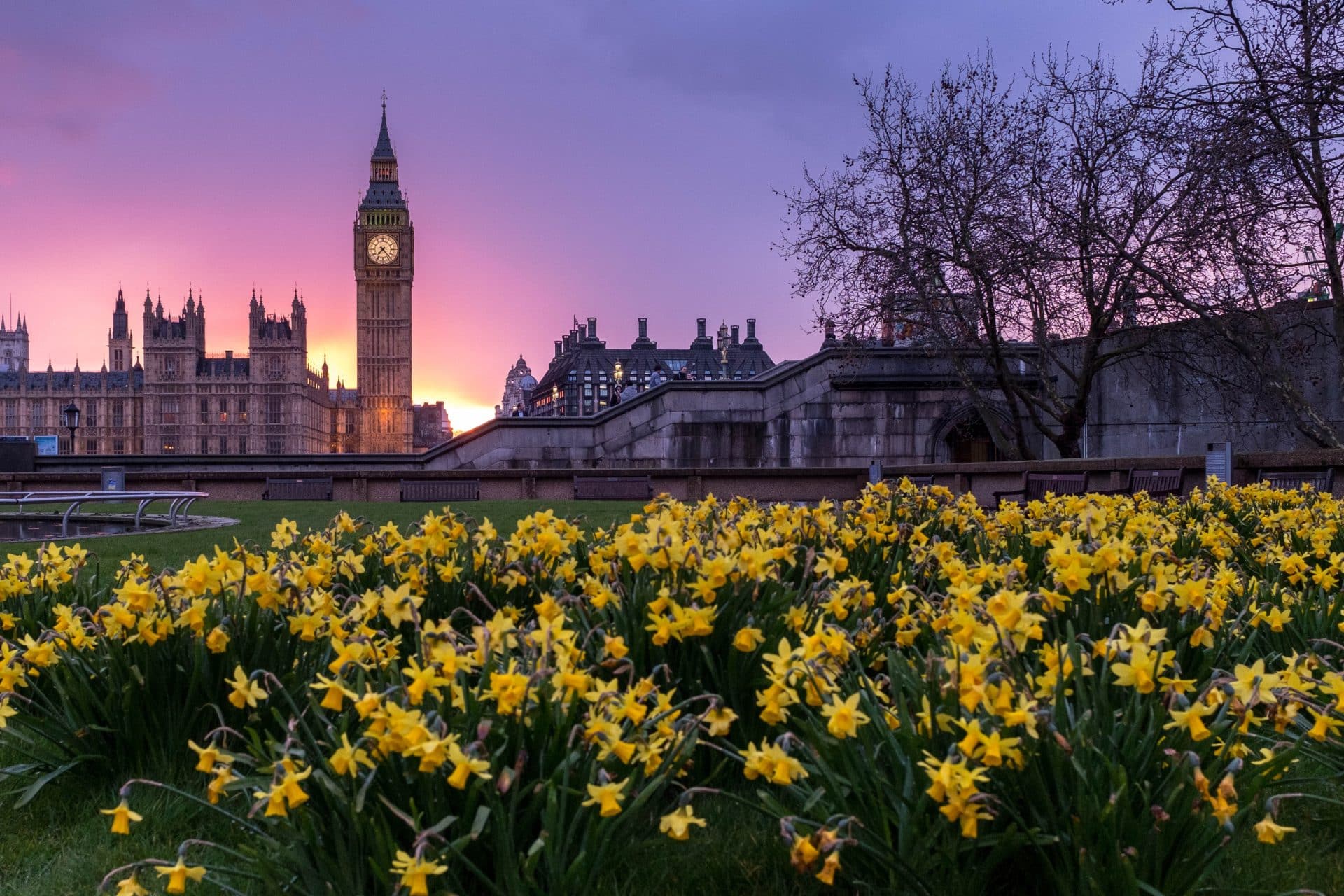The Archbishop of Canterbury writes in today’s Times in advance of the Article 18 debate in the House of Lords “Religious freedom should mean the right to challenge beliefs as well as the right to worship.”
The article reads:
The village, as we approached it, was the normal collection of straw-roofed huts and a school. It was only as I got out of the car that the destruction was evident. A few days earlier raiders had struck. I found one man sitting on a heap of ash, like Job. The raiders had killed his wife and six children. He had hidden down a well for three days. On a nearby hill, a raider stood silhouetted with a rifle in his arms and watched us the whole time we were there. The cause of this brutal attack? The village was a Christian community.
Acts of religious violence and the curtailing of freedom of religion are not only directed at Christians. In the Central African Republic Christians have attacked Muslims. Around the world, Christian churches are burned in south India, Muslim and Christian villages attacked in parts of Myanmar. As for the Levant and Mesopotamia, we are all too terribly aware of extreme violence by Isis and its allies against every other group.
Earlier this year I visited Egypt to offer condolences after the murder of 21 Coptic Christians in Libya, who died proclaiming “Jesus Christ is Lord”. Of the 37 Anglican provinces to which I travelled during my first 18 months in office, almost half were living under persecution. They fear for their lives every day.
Meanwhile, close to home, the firebombing of mosques in this country and the atrocious attacks on Jewish communities across Europe show that too many people, of all faiths, find their fundamental human right to freedom of religion and belief under attack.
It is therefore timely that Lord Alton of Liverpool is leading a debate on religious freedom and belief in the House of Lords today. His motion notes violations of Article 18 of the 1948 Universal Declaration of Human Rights — the right to freedom of thought, conscience and religion — and urges the UK and the international community to give greater priority to upholding this hard-won freedom.
As a Christian, I believe that religious freedom — the choice of how we follow God and, indeed, whether we choose to follow God at all — is given in creation, and in the life and ministry of Jesus Christ. Jesus gave those he encountered absolute freedom of choice as to whether to follow him or not: the thieves on either side of Jesus, as he hung on the cross, were given a choice whether to believe in him: one turned to him, the other cursed him. That is freedom. It is a freedom that should apply to people whatever their faith, or to those who are atheists.
Those of us who are followers of Jesus are called to obedience to Him. We bear witness to Jesus Christ, of course, yet we must never compel or manipulate people into faith. This is why the church’s sporadic record of compelling obedience to its teachings through violence and coercion is a cause for humility and shame.
It is all too easy to think that faith is an optional extra or a consumer choice, that choosing whether to believe in God is like deciding which type of car to buy. Humans are made in the image of God, so our religious beliefs are a core part of what it is to be human. To take away a person’s freedom of belief or non-belief is to violate the core of their humanity.
At the same time, more work needs to be done to develop the language used by political and religious leaders to talk about religious belief in their own contexts, and how well we understand the beliefs of others. Religion defines us. For me, there is quite literally nothing more important than knowing, loving and serving Jesus Christ.
This passionately lived religious life cannot be compartmentalised within our legal and political systems. We need to find the means to nurture the transformational power of religious belief while distinguishing it from the mutations of religion that do so much harm.
The village that I visited was full of people passionate about their faith, as were their enemies. The roots of the conflict were historic and complex. We must be clear about right and wrong, but also nuanced about the causes of hatred. We cannot simply apply our own unexamined prejudices, any more than we can bow to cruelty, oppression and intolerance.
Religious freedom demands space to be challenged and offended without responding destructively. The welcome penalty of freedom is to accept being told things that put us or our beliefs in a perspective we do not like. Sometimes that makes us see what God wants us to see, as we find in the prophets of the Old Testament.
Curtailing religious freedom in the name of other freedoms runs the risk of discarding one of the most important and creative forces in human beings. As societies which respect freedom guard their own freedom and flourishing in every area, with robust and respectful conversation, they become more like the societies in which we dream of living; vigorous, diverse, generous, hopeful, exciting.

